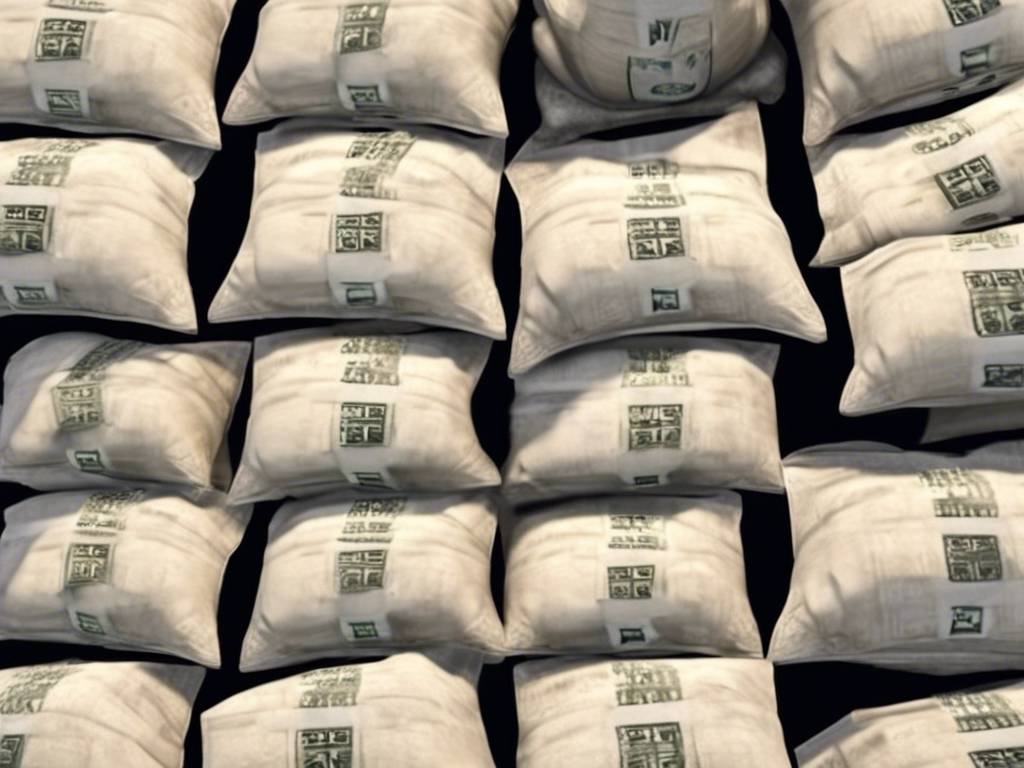Surviving Prison: Sam Bankman-Fried’s Story
Sam Bankman-Fried, the disgraced founder of FTX and co-founder of Alameda Research, recently shared insights into his life in prison. Despite facing charges of wire fraud, money laundering, and conspiracy, he revealed his survival strategies and mindset during an interview arranged by his mother at the Metropolitan Detention Center in Brooklyn.
Beans and Rice Currency System
During the interview, it was noted that Bankman-Fried relies on beans and bags of rice from the commissary for sustenance. Interestingly, he revealed that rice has become a form of currency within the prison, highlighting the unique ways inmates adapt to their environment.
- Bankman-Fried has lost around 25 pounds in prison, indicating potential challenges with the available food options.
- He described the vegan food as inedible and expressed gratitude for the rice and beans that sustain him.
Plans for Appeal
Despite his conviction, Bankman-Fried maintains his innocence and plans to appeal the court’s decision. He believes that he was unfairly targeted as the scapegoat for FTX’s collapse, attributing it to negligence and external factors beyond his control.
- Bankman-Fried expressed frustration at the lack of opportunity to negotiate with prosecutors and defend himself adequately.
- He denies any criminal wrongdoing and instead points fingers at the lawyers he entrusted with FTX’s management.
Reflections on Prison Life
Bankman-Fried’s revelations shed light on the challenges and adaptations individuals face in prison settings. His use of rice as a currency reflects the creativity and resilience needed to navigate such environments.
- Despite the hardships, Bankman-Fried remains determined to clear his name and seek justice through the legal system.
- His story serves as a reminder of the complexities and moral dilemmas that can arise in high-stakes scenarios.
Hot Take: Lessons from Bankman-Fried’s Experience
As a crypto enthusiast, you may find Sam Bankman-Fried’s journey from success to incarceration a cautionary tale about the importance of ethical conduct and accountability in the industry. While his case is unique, it underscores the risks and consequences of operating in a regulatory grey area.





 By
By
 By
By
 By
By
 By
By
